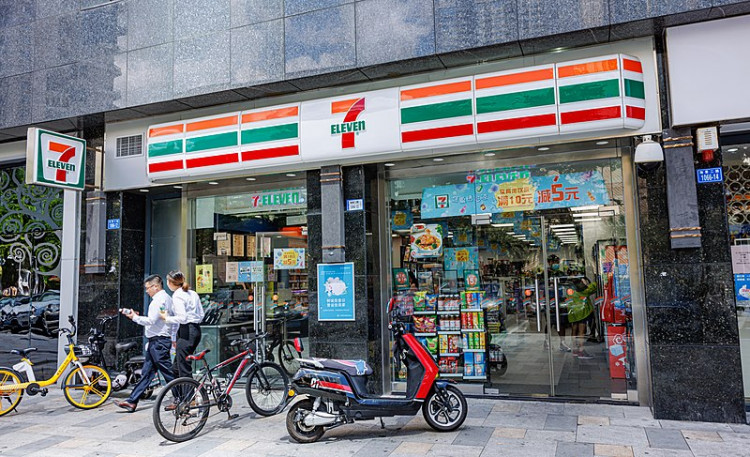The proposed acquisition of Seven & i Holdings Co., the Japanese conglomerate that owns 7-Eleven, by Alimentation Couche-Tard, the Canadian operator of Circle K, is poised to face significant antitrust scrutiny, especially in the United States. Retail analysts are already sounding alarms over potential regulatory challenges that could arise from the deal, which would combine two of the largest convenience store chains in the country.
Bryan Gildenberg, managing director at Retail Cities, expressed concerns about the likelihood of regulatory pushback, particularly from the U.S. Federal Trade Commission (FTC). "I would imagine that there's going to be some regulatory concern and some required divestment in order to make this [deal] work," Gildenberg told CNBC's "Street Signs Asia." He emphasized that the overlap between 7-Eleven and Circle K in key markets like Florida and Texas would be of particular concern to antitrust regulators.
The deal, if it goes through, would mark the largest-ever foreign takeover of a Japanese company, with Seven & i Holdings being valued at approximately $38 billion. Couche-Tard, with a market capitalization of around $58 billion, confirmed on Monday that it had made a "friendly, non-binding proposal" to acquire the Tokyo-listed firm. Although the financial terms of the offer have not been disclosed, the merger would represent a significant consolidation in the global convenience store market.
The combined entity would control 12.3% of the U.S. convenience store market, dwarfing the next largest player, Casey's, which holds just a 1.7% share. This level of market concentration is likely to trigger a detailed review by the FTC, which has recently demonstrated its willingness to challenge mergers in the retail space. Earlier this year, the FTC successfully blocked JetBlue Airways' planned acquisition of Spirit Airlines and dismantled a partnership between JetBlue and American Airlines in the Northeast.
In Japan, where 7-Eleven locations operate more like small supermarkets, the deal would also be subject to scrutiny from local regulators. The Japanese market, which is the third largest in the world, has traditionally been dominated by domestic players. Gildenberg noted that Japan represents a significant opportunity for international expansion, highlighting the potential for further acquisitions in the country.
"This could be a gateway for more global companies to enter the Japanese market, which has been relatively untouched by foreign entities," Gildenberg said. He added that the sheer size and market presence of 7-Eleven in Japan make it an attractive target for international players looking to expand in Asia.
Despite the potential regulatory challenges, both companies have expressed optimism about the proposed merger. Couche-Tard's announcement was accompanied by a statement emphasizing the potential benefits of the deal for customers, employees, franchisees, and shareholders. Seven & i Holdings, in turn, has established a special committee to review the proposal and has promised a "prompt, careful, and comprehensive" evaluation.
The market reaction to the news was mixed. Shares of Seven & i Holdings surged by nearly 23% in Tokyo following the announcement, reflecting investor optimism about the potential buyout. Meanwhile, Couche-Tard's stock dipped slightly, indicating some investor concerns about the complexities of the deal and the potential for regulatory hurdles.
Gildenberg also pointed out that Couche-Tard's recent acquisition of U.S. convenience store chain GetGo, which operates around 270 locations, is part of a broader strategy to bolster its food services offerings-a sector in which both GetGo and 7-Eleven have strong capabilities. This strategic alignment could further complicate the regulatory landscape, as the FTC and other agencies scrutinize the competitive impacts of the merger.
As the deal moves forward, the focus will shift to the U.S. Department of Transportation, which must also approve the merger. The agency has stated that it is reviewing the application and will only approve the transaction if it is deemed to be in the public interest.
Given the size and scope of the proposed merger, the regulatory review process is expected to be lengthy and complex. The outcome will have significant implications not only for the companies involved but also for the broader retail and convenience store markets. As Gildenberg noted, "This is a deal that could reshape the landscape of convenience retailing in the U.S. and beyond."





